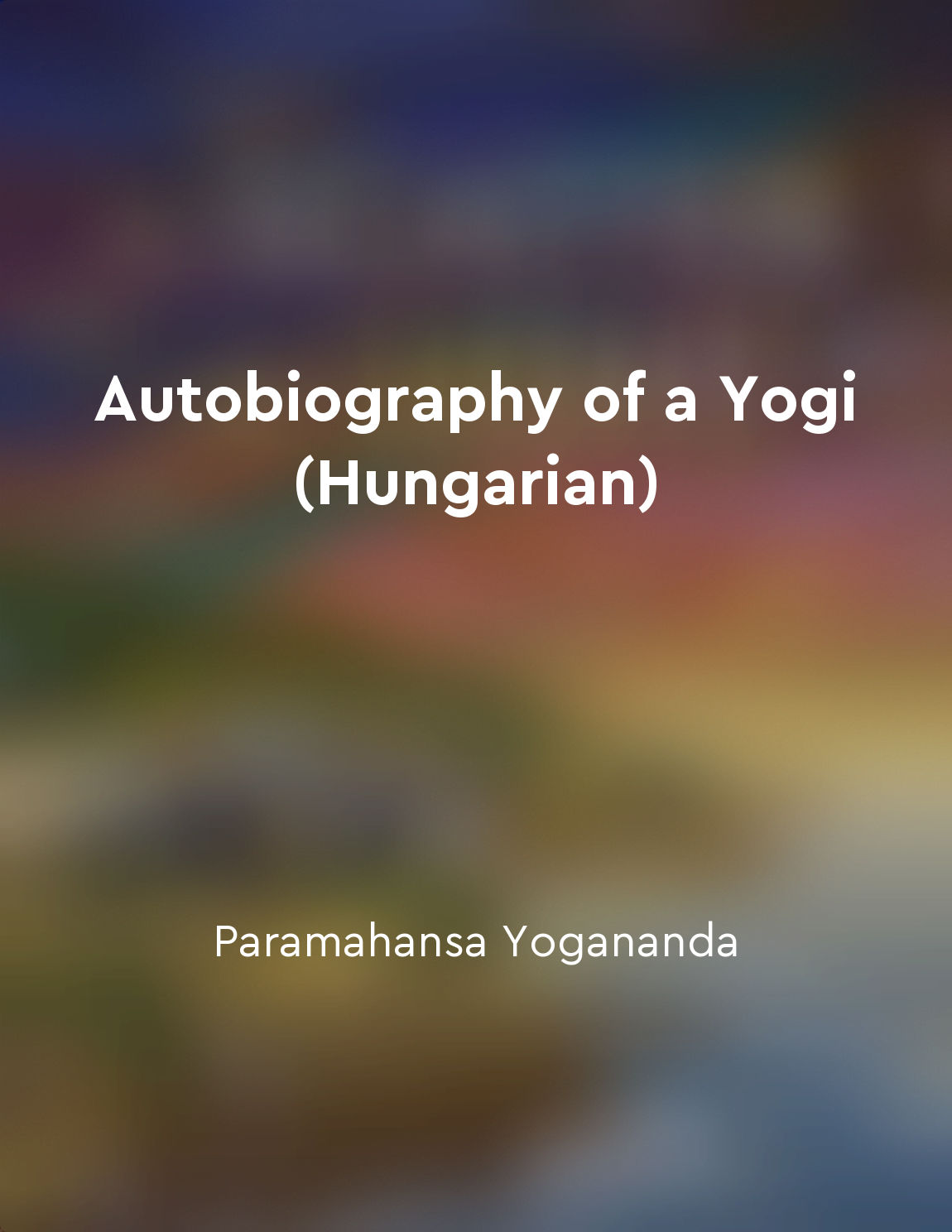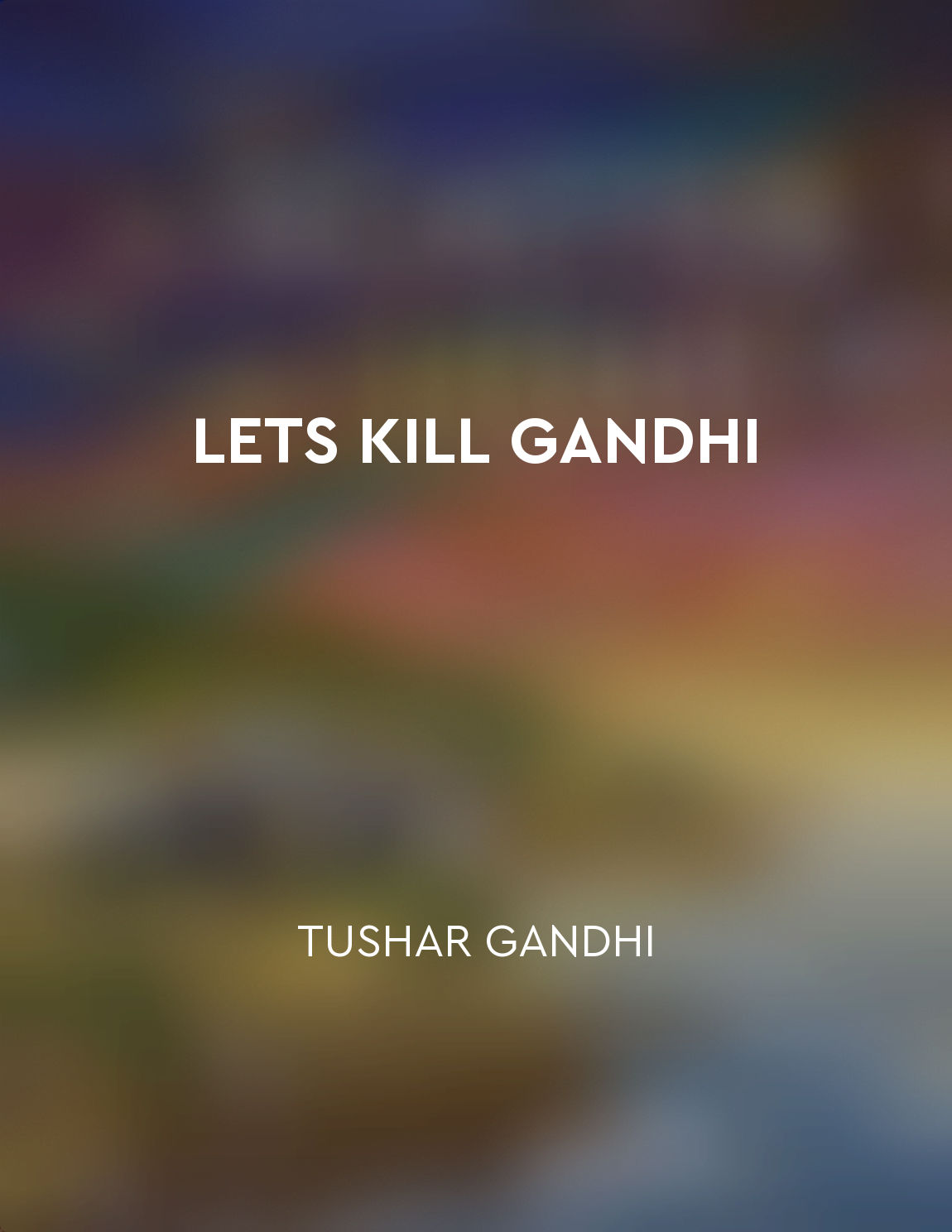The intersection of Ambedkar's political and religious beliefs from "summary" of Dr. Ambedkar's Views on Buddhism: A Path to Social Liberation. by R.ANANDA RAJU
Dr. Ambedkar's political and religious beliefs were deeply intertwined, influencing each other in profound ways. His political activism was not separate from his religious convictions; rather, the two were closely connected and shaped his approach to social liberation. Ambedkar saw Buddhism as a path to achieving social justice and equality, viewing it as a means to challenge and transform the oppressive caste system that had long plagued Indian society. Ambedkar's political struggles were informed by his understanding of Buddhism as a philosophy of compassion, non-violence, and equality. He believed that the principles of Buddhism could serve as a powerful tool for social reform, providing a moral and ethical foundation for his fight against discrimination and injustice. For Ambedkar, Buddhism was not just a personal faith but a revolutionary force capable of bringing about lasting change in society. In his quest for social liberation, Ambedkar drew on both his political acumen and his religious beliefs, using them in tandem to challenge the status quo and advocate for the rights of marginalized communities. He saw Buddhism as a way to empower the oppressed and downtrodden, offering them a sense of dignity and self-worth in a society that had long denied them basic human rights. By embracing Buddhism, Ambedkar sought to create a more just and equitable society, one where all individuals were treated with respect and dignity regardless of their caste or social status. His political and religious beliefs were not contradictory but complementary, working together to advance his vision of a more inclusive and egalitarian India. Ambedkar's commitment to social justice was deeply rooted in his understanding of Buddhism, which provided him with the moral clarity and spiritual strength to confront the injustices of his time.Similar Posts
Indian festivals and rituals are deeply rooted in tradition
Indian festivals and rituals carry great significance in the cultural fabric of the country. These traditions are deeply ingrai...
Understanding the impact of foreign invasions on India is essential
To comprehend the complexities of Indian history, it is imperative to grasp the profound influence that foreign invasions have ...

Establishing SelfRealization Fellowship
In this sacred work, the establishment of the Self-Realization Fellowship was a pivotal point in my spiritual journey. It was a...

Tushar Gandhi sheds light on the complexities of the case
In examining the assassination of Mahatma Gandhi, I delve into the intricate web of motivations, beliefs, and circumstances tha...
He was a charismatic speaker who connected with audiences on a deep level
Swami Vivekananda possessed a rare gift that set him apart from others - the ability to captivate his audience with his words. ...
The fight for equality is a moral imperative
The concept of equality has been a subject of great importance and debate throughout history. Many have argued that the fight f...
His ideas centered around empowering the marginalized and creating a fair society
Dr. Ambedkar's vision was deeply rooted in the idea of empowering those who had been marginalized and oppressed in society. He ...
He advocated for a constitution that protected the rights of all citizens, regardless of background
Dr. Ambedkar firmly believed in the idea of a constitution that would safeguard the rights of every citizen, without any discri...
He inspired individuals to live a life of purpose and meaning
Swami Vivekananda's teachings were not mere philosophical musings; they were a call to action, a call to live a life of purpose...
He will always be remembered as a hero in Indian history
The mention of Shivaji’s name invokes a deep sense of pride and admiration among Indians. His legacy as a valiant warrior and v...
